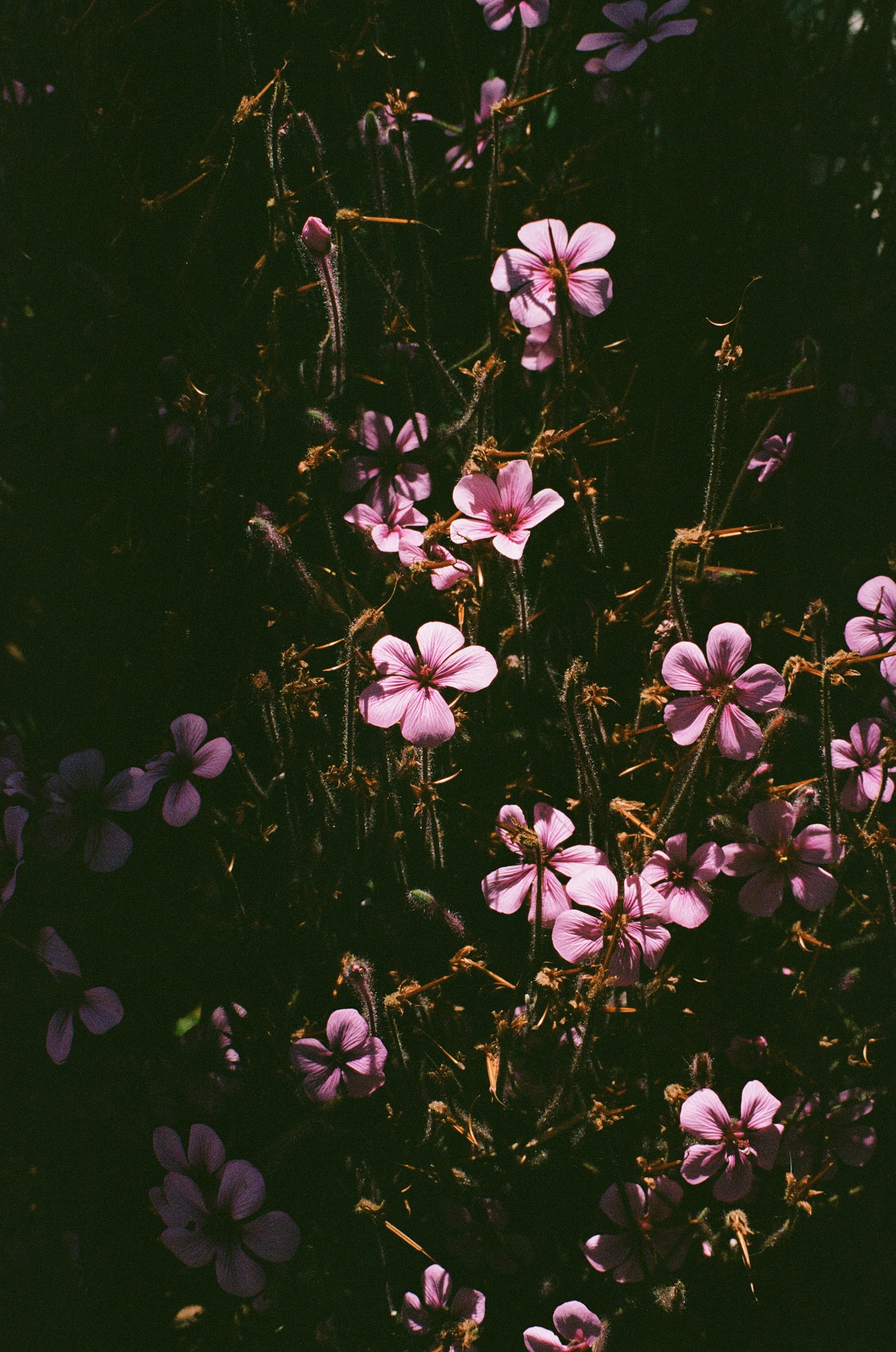Look Back: CS + Kreme – "Snoopy"
Déjà vu, haunted-romance R&B, lysergic downtempo, occult sensibility, "The Wicker Man," Coil.
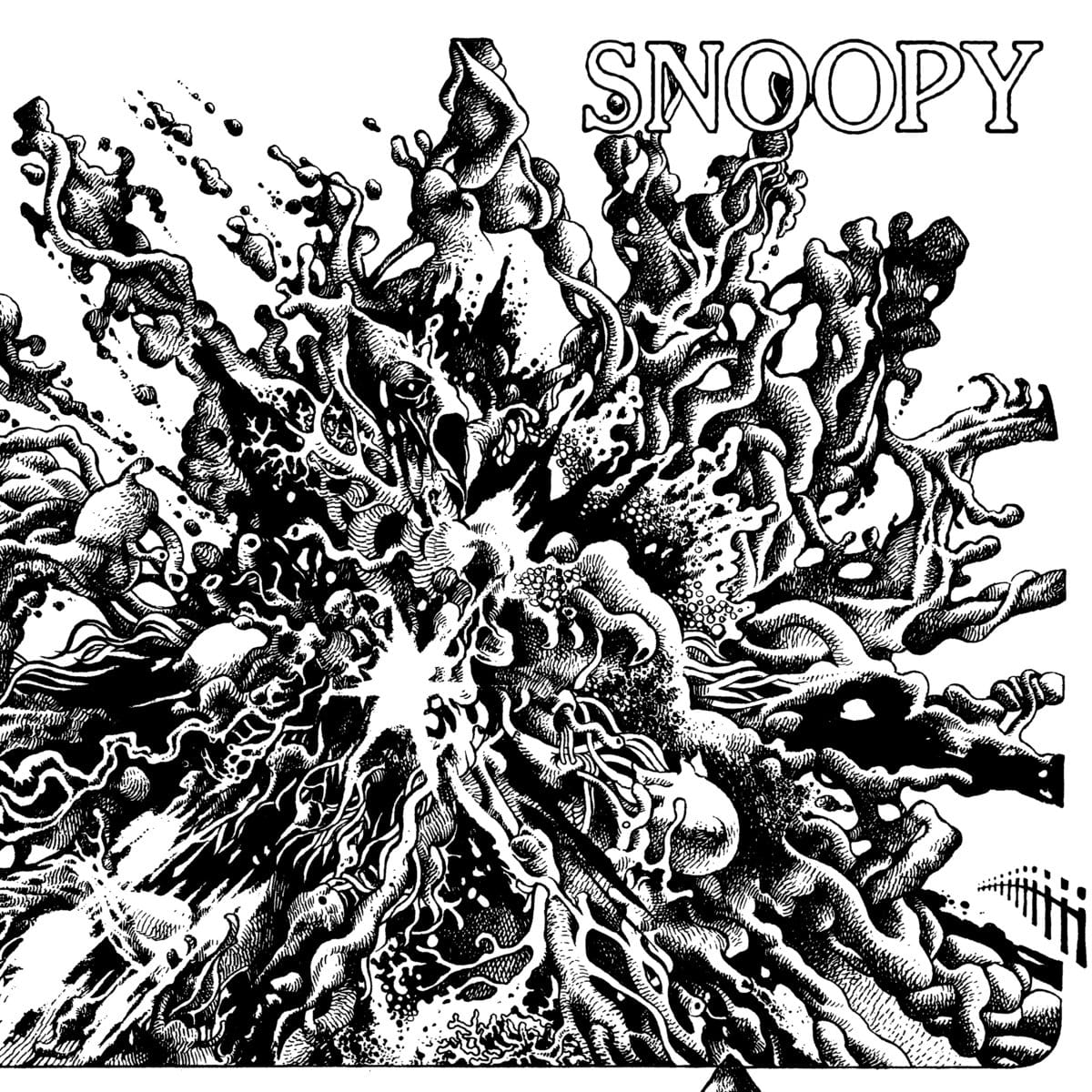
And Eternity in an hour
William Blake, "Auguries of Innocence" (1863)
Powerful works of art move me to a slew of feelings and reactions: wonder, awe, gratitude, disgust. Whether good or bad, when an artwork makes me feel something, I notice. Rarely, works of art will elicit within me a particularly uncanny feeling, something like déjà vu, as if I were experiencing myself reflected in a mirror I never knew was there. Each time I listen to Snoopy, the first album from Melbourne-based duo CS + Kreme, I feel like I’m hearing the sound of my own dreams—the realization of a yearning I'd always had but could never quite place.
I discovered CS + Kreme years ago through HTRK, another Australian duo whose music has held me like a séance for more than a decade: Jonnine Standish, HTRK's vocalist, is married to Conrad Standish, aka "CS" of CS + Kreme. (Sam Karmel, fellow Aussie multi-instrumentalist and Conrad's comrade, is "Kreme.") The first two self-titled (or untitled) CS + Kreme records, released in 2016 and 2017 on surreptitious Los Angeles label Total Stasis, are pinkish, languid, and seductive: haunted-romance R&B made for moody nights and outsider club use. When I first heard them, I was hooked immediately.

Snoopy was announced in early 2020 by The Trilogy Tapes, London's premier outlet for chimeric music of uncertain classification. I rejoiced when I heard the news, eager to hear what the pair had in store for their first full-length album. Around that time, the middle of February 2020, I was traveling to Nashville for a work trip, back when I held a salaried job at an events-ticketing company. On that trip, I distinctly remember sitting in a restaurant or a bar, somewhere communal, with a TV turned to a news channel. One of the scrolling chyrons said something like: First case of novel coronavirus from China detected in the U.S., and I remember thinking to myself, Oh, this can't be good.

It really wasn't good at all, as you well know. Just a few weeks later, at home in San Francisco, Mayor London Breed instituted the first lockdown of any city in the U.S., restricting all but essential travel and calling for the immediate cancellation of events and gatherings. In less than a month's time, I was laid off from work on a Zoom call—four or five hundred of us laid off in one fell swoop, as our CEO, tears running down her cheeks, announced in an unsteady voice that our livelihoods were vaporized. Elsewhere, in my other life producing weird club nights, we had booked DJ Plead, the liminal producer from Sydney, and Nihar, an S.F. synth wizard and close friend, for our March 2020 event. I canceled the gig, of course, and though I didn't know it at the time, I wouldn't produce another event until 29 months later.
I mention all this because my first reaction to Snoopy was precisely the opposite of the dull horror of this unforgettable moment. The record landed in the mail from London sometime in late April or early May, when the walls had closed all the way in, all social contact had dissolved completely, and the only thing anyone could think or talk about was lockdown (if you were an optimist) or viral-induced paranoiac dystopia (if you weren't). By then, I had stopped listening to club music altogether; to say it felt pointless is an understatement. I was listless, everything was listless, and all the music I could stand to listen to felt listless.
Snoopy snapped me out of it, at least for awhile.
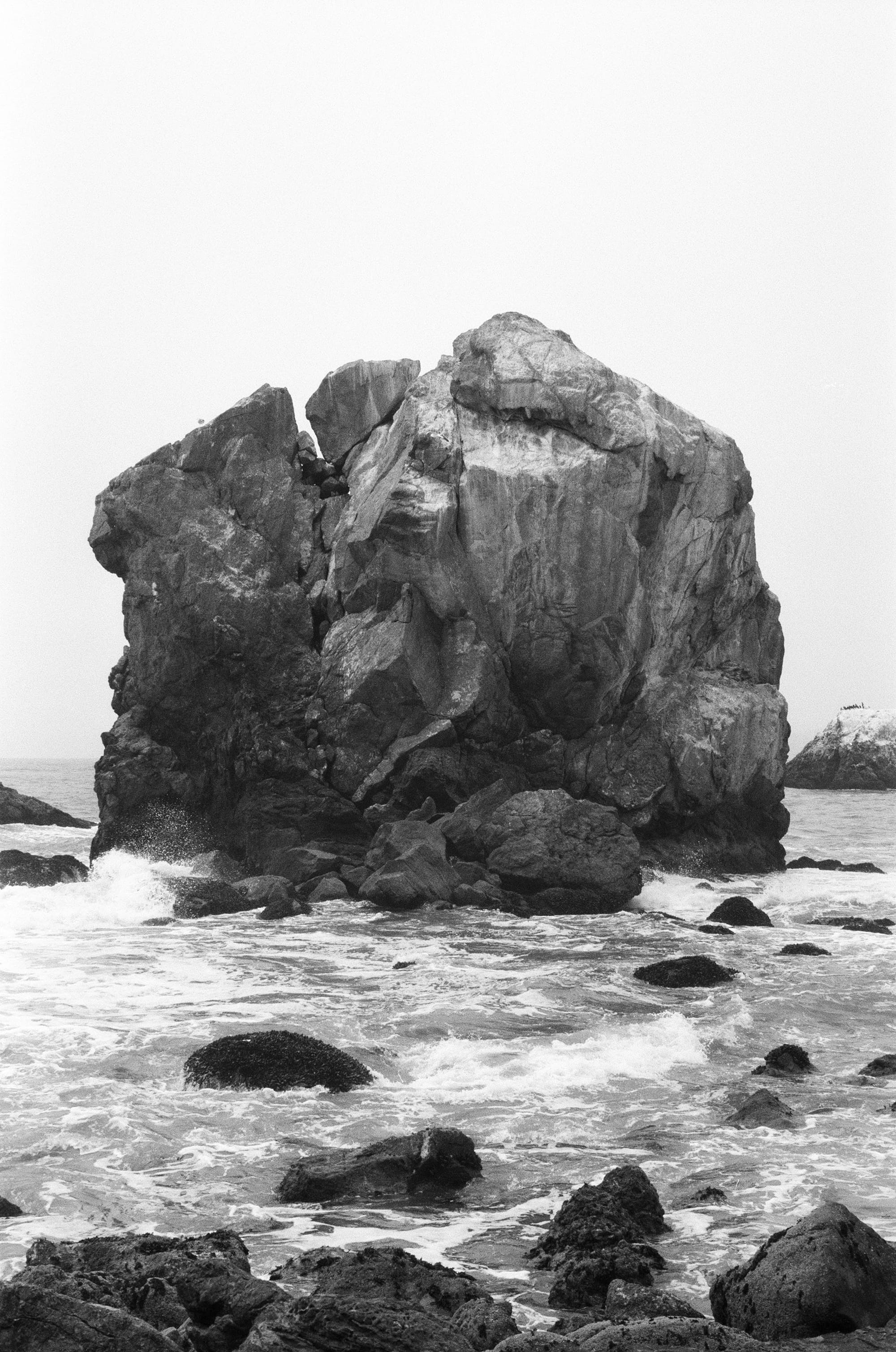
The duo borrowed the hauntological funk blueprint they experimented with on their first two EPs, but built it up in remarkable, unexpected directions. "Saint," the album's opener, is dirge-like, funereal, but piques curiosity as Standish murmurs: Where did blueberries go? Where did memory go? Where did Egypt go? "Blue Flu," track three, is eight minutes of oozing lysergic downtempo—and it does damage in the club, a fact I would discover years after release. And then there's "Slug" and "Mount Warning," the record's final two tracks, dripping with nervous-but-tender melancholia.
(Bonus: in November 2020, The Trilogy Tapes issued howwouldyoufeelwithoutthatthought, an EP featuring two long, spiraling, slow-burning trip-hop numbers—these tracks pair extraordinarily well with Snoopy, and feel like its unofficial coda.)
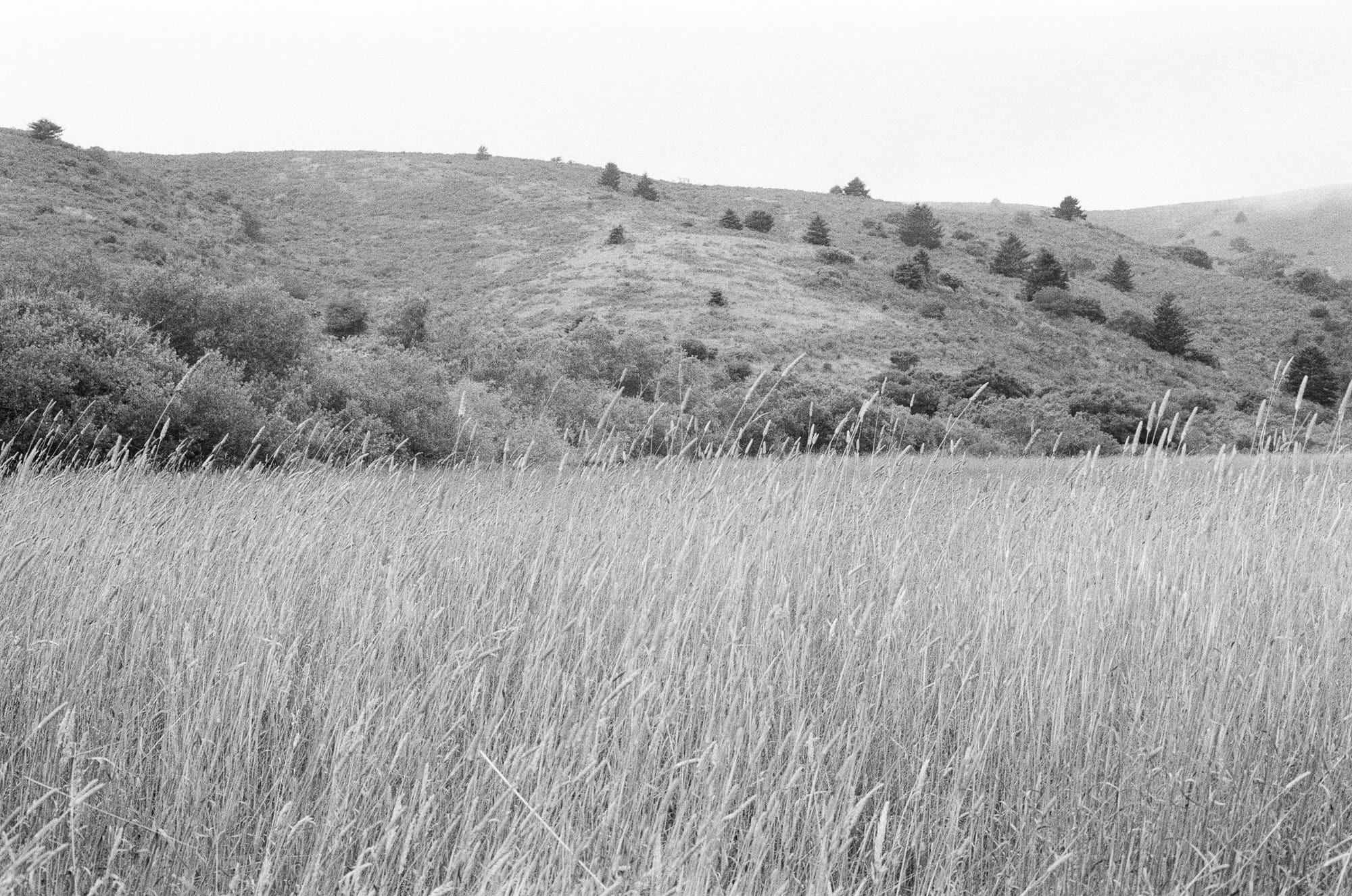
Besides its jazzy, funky wonder, Snoopy channels a chiefly-British psychedelic surrealist tradition: it feels as though the ghosts of Blake, Crowley, and Carrington are inscribed deep in its grooves. "Pussywhistle Tea," a short, swirling guitar-piano ditty, calls back to classic U.K. acid folk in the manner of Comus or Current 93. "Time is a Bozo" hints at Paul Giovanni's legendary soundtrack to The Wicker Man if it were girded with bass pressure, maybe. This occult influence lends the album a timeless feeling—perhaps because the aforementioned cadre of writers and artists so frequently explored time as a cyclic construct themselves.
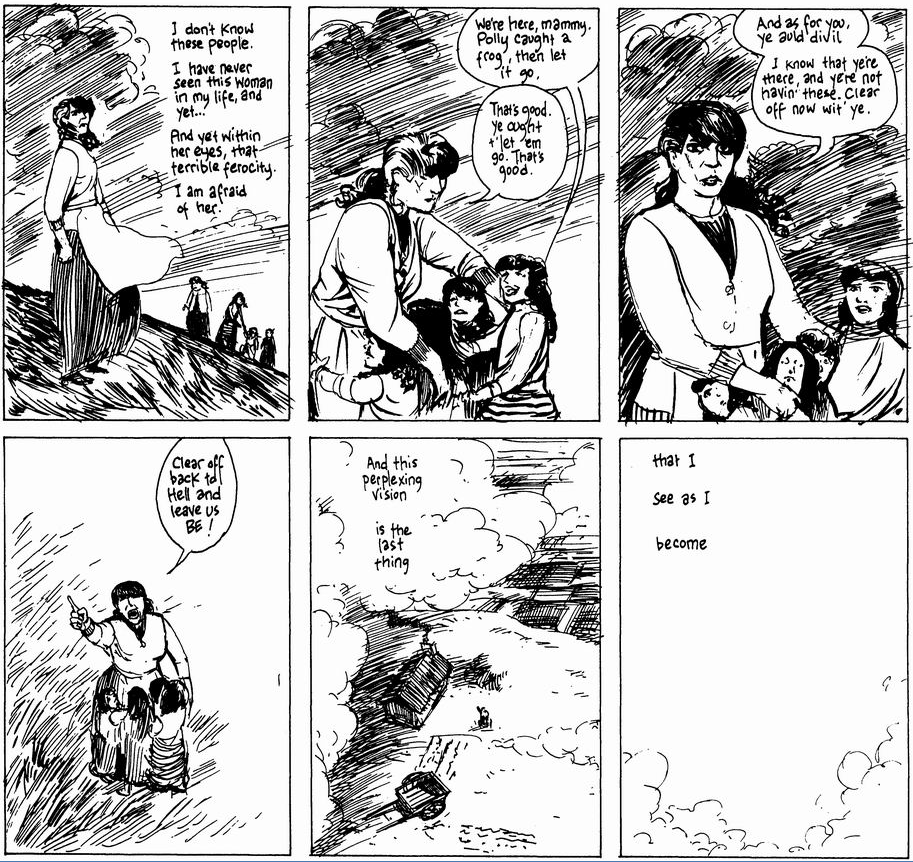
And it's easy, if a bit glib, to say Snoopy "sounds like Coil"—the amorphous post-industrial project founded by artists-musicians-lovers John Balance and Peter Christopherson, who over the course of their woefully abrupt 25-year career amalgamated noise, techno, ritual, poetry, homosexual abandon, and British esotericism into some of the most intoxicatingly potent sound art of the modern era. (Glib or not, the comparison is accurate, and judging by Discogs comments, many agree.)
Ultimately, though, it doesn't matter too much whether or not Coil's oeuvre, including John Balance's maniacal intonation of "O rose, thou art sick"—another Blake reference; the patterns' etching glows ever brighter!—is seared forever into your brain like it is with mine. Whether these allusions make sense to you or not, Snoopy is simply beautiful to listen to. Few records are this weird, and this alluring, all at once.

Four years on, Snoopy remains as vital and enigmatic as it did upon release. It grips me anew with every listen. It is the sound of a dream realized.
